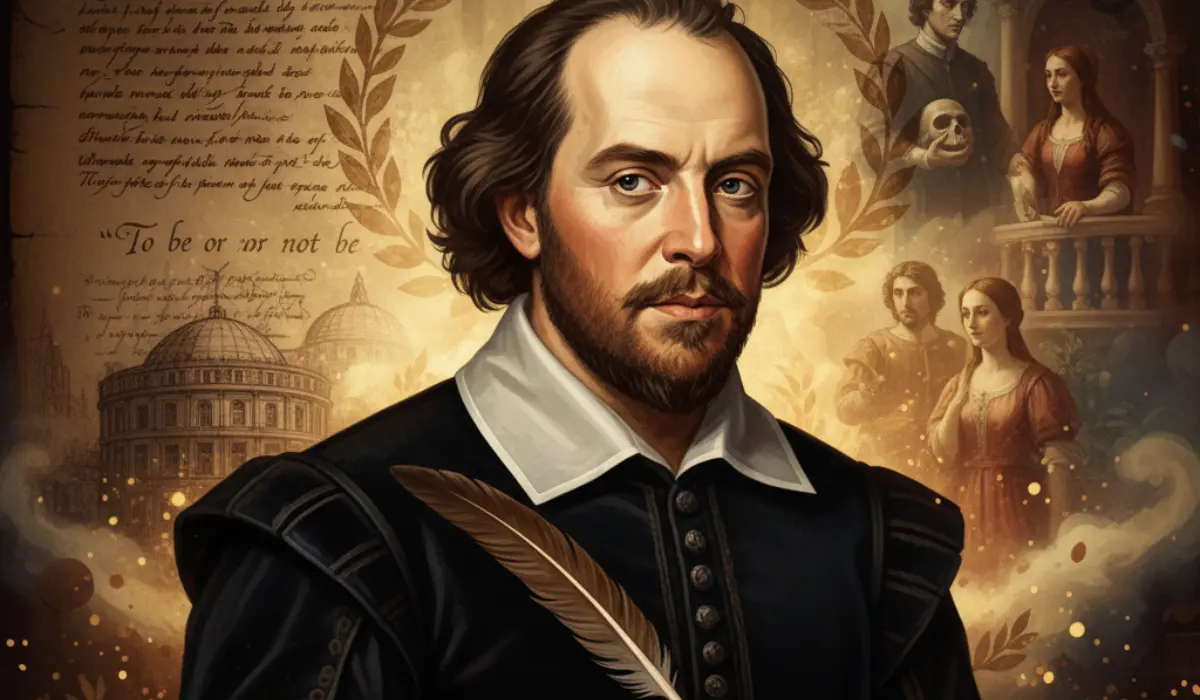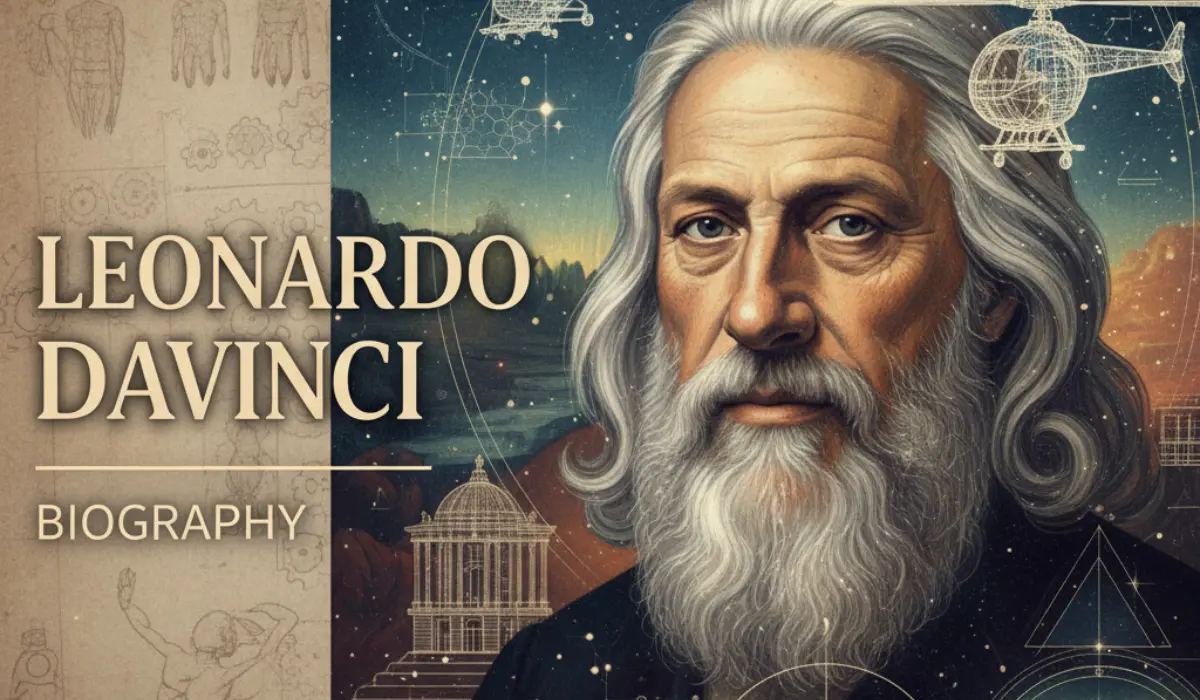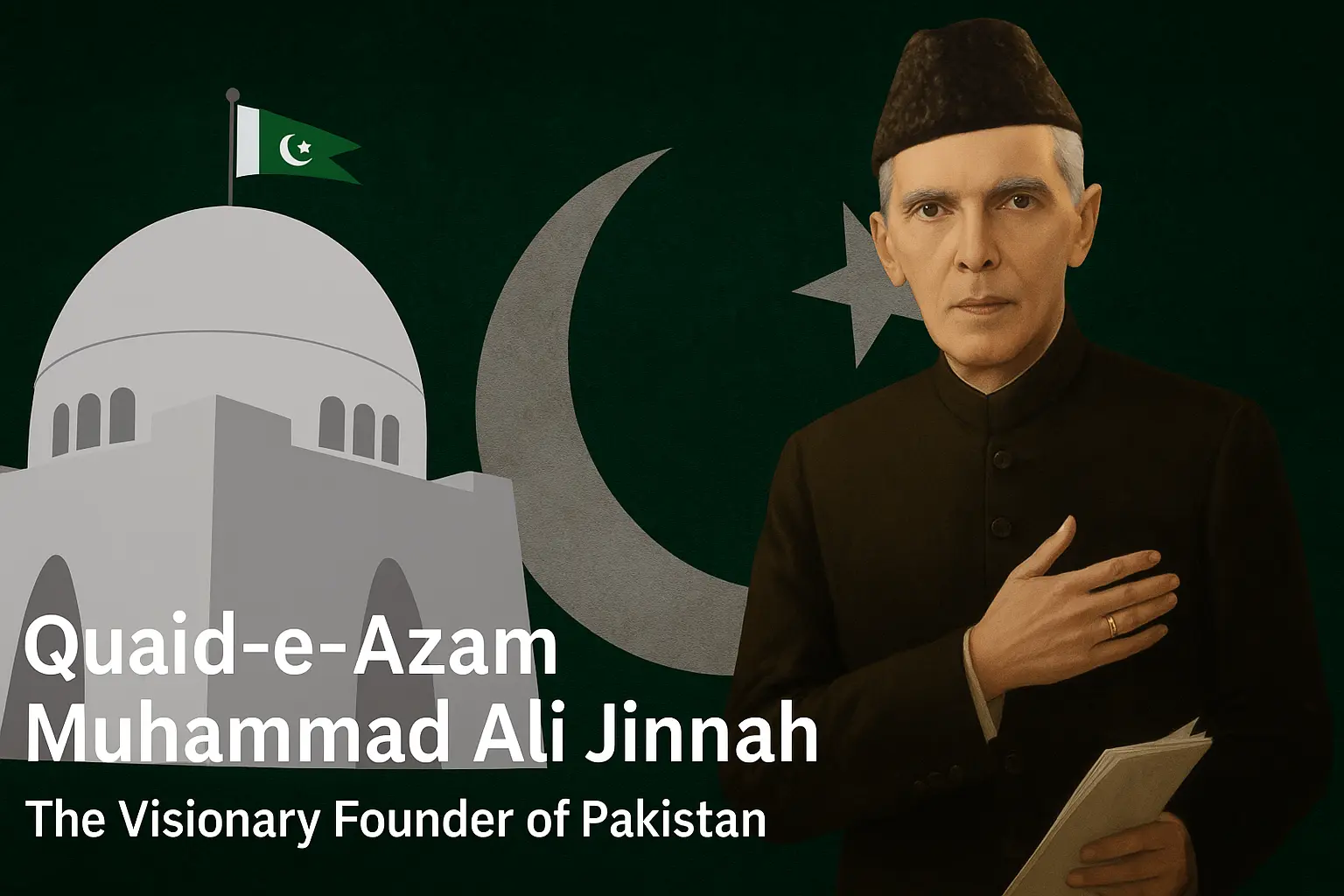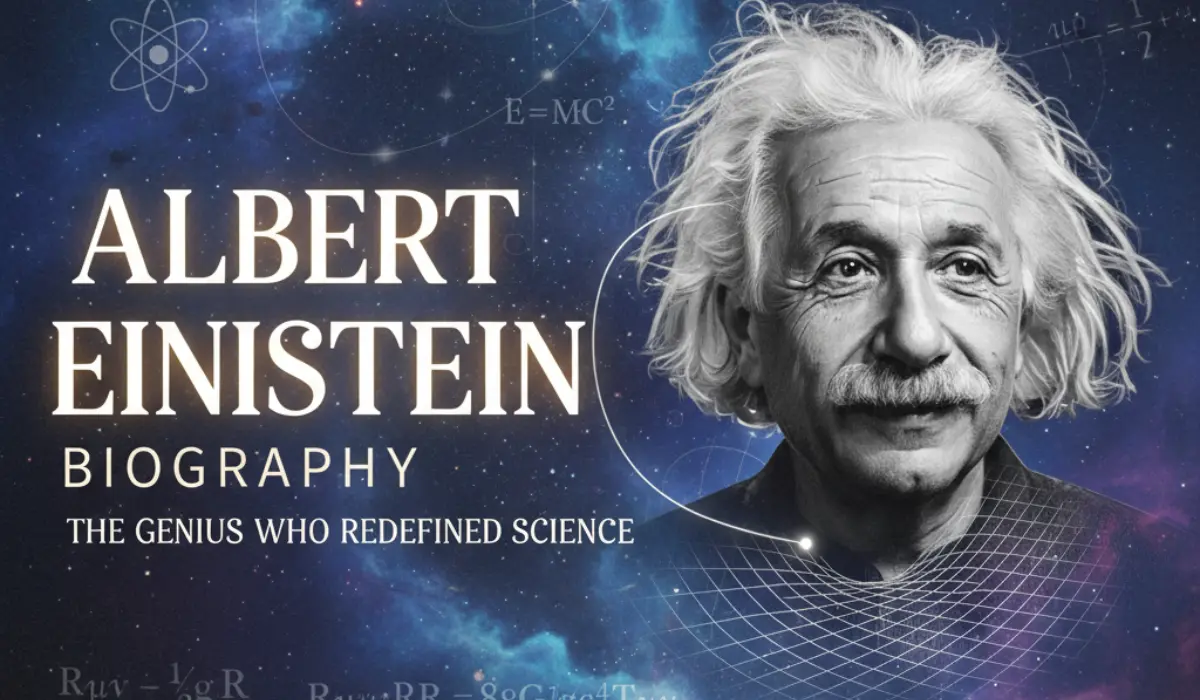
There is hardly a bigger name that has burdened world literature as much as William Shakespeare. As he was a playwright and poet, a visionary who not only restructured the English language but also reconstructed the art of storytelling. His plays and sonnets have traversed centuries and affected the mode of thinking, feeling, and talking in people. This narrative is about a man who explained the final facts of the human condition.
Who Was William Shakespeare?
William Shakespeare was born in Stratford-upon-Avon in England, in April 1564, in a family of John Shakespeare, who was a glover, and Mary Arden, whose father was a yeoman of Stratford-upon-Avon. There is not much known about his young life, and it is one of the most unfading mysteries in history. It was probably at the Stratford Grammar School that he received an education in Latin and the classics, upon which he afterwards based his writing in peaceful manhood.
He married Anne Hathaway, she was eight years older than him, and together they had three children: Susanna, and the twins Hamnet as well and Judith. The history thenceforth is lost until the early 1590s, when Shakespeare returns to London, as both an actor and a playwright, and the centre of the English Renaissance.
Shakespearean Famous Plays/ Poems.
He composed 39 plays, 154 sonnets, and a number of long narrative poems during his lifetime. His plays embrace everything about the human condition, such as love, jealousy, power, ambition, betrayal and redemption, and they are still performed more often than those of any more writer.
1. Tragedies
His tragedies touch upon the evil part of human feeling and thirst.
Hamlet: A prince in national upheaval.
Macbeth: the poison of unwholesome ambition.
Othello: Jealousy, manipulation, and the tragedy of trust.
King Lear: visited my own grave and lost my family because of my pride.
2. Comedies
Shakespeare's plays are full of wit, romance, as well as some confusion.
A Midsummer Night's Dream: A romantic fantasy, a play about magic.
Twelfth Night: Love and costume.
Much Ado about Nothing: Witty courtship.
3. Histories
His historical plays, including Henry IV, Richard III, and Henry V, play with the themes of leadership and national identity and explore the ups and downs of monarchs.
4. Sonnets and Poems
No masterpiece of verse can rival Shakespearean sonnets. They touch on the topics of love, time, beauty, and death--and are usually spoken to unknown characters like the Fair Youth and the Dark Lady. His rhythm, metaphor, and feeling are shown in lines that are well known, like: Shall I compare thee to a summer's day? (Sonnet 18).
Harvesting a Life and Career in Transatlantic Theatre.
The art of Shakespeare belonged to the Elizabethan and the first Jacobean period, when the theatre provided one of the forms of art. He joined the Lord Chamberlain Men, or the King Men, who were a popular acting group in London.
His creations were staged at the Globe Theatre, which was an open-air amphitheater that happened to be the centre of entertainment in London. Nobles and common people attended his shows in great numbers; nobles and peasants were both in the impact of history of his narrations, and his vast knowledge of human feeling.
Shakespeare too was a good businessman, and half owner of the Globe and then the Blackfriars Theatre. This achievement saw him retire comfortably to Stratford in 1613, where he lived his remaining days.
What does William Shakespeare have to be Famous?
Shakespeare is the one who made the greatest contribution to the English language and literature which is most known. More than 1,700 words and phrases he coined or popularized are still used today, such as break the ice, heart of gold and wild-goose chase. He had the ability to depict universal emotions that make his work immortal.
He was an intellectual genius who invented multi-layered personalities that are still able to resonate even four centuries on. Through the self-reflection of Hamlet to the guilty Lady Macbeth, Shakespeare revealed to us all what we are and the struggle we all go through.
Shakespeare was a writer, but the emperor of modern storyline, with some twists in the plot, several layers of symbolisms, and highly imperfect but recognizable heroes.
The Significance of Shakespeare in the Modern Day Literature/Culture.
One could scarcely conceive the fact that the strength of Shakespeare ended with his era. His plays are read in all the world's languages, have been adapted to films, and have been played thousands of times. On Hollywood screens or in classroom circles, his tales will live on because they are focused on emotions that will never get old love, ambition, jealousy, betrayal, and hope.
His works influenced other writers like Charles Dickens, James Joyce, and Maya Angelou. The three modern movies: The Lion King, which is a version of Hamlet and 10 Things I Hate About You, a film based on The Taming of the Shrew, prove that Shakespeare is still relevant to the world culture.
He also had an immense influence on how we speak; most of the most stereotypical expressions and sayings can be linked to his text. Shakespeare will always be remembered in politics, film, or literature, as it was his creative tool.
The Legacies of William Shakespeare.
On 23 nd April1616, William Shakespeare died in Stratford-upon-avon age 52. He was interred in the Trinity Church where they have an epitaph, threatening to steal his bones. This legacy increase with time despite centuries have been passed.
His works still serve as a source of education, a standard of the English culture and embodiment of human personality. He was not just speaking to kings and scholars but to each of us, to laughter and pain, to ambition and love alike, and so on.
He was not just a generational poet; Shakespeare was eternal, as the poet Ben Jonson once said.
William Shakespeare's Famous Quotations.
In order to have a glimpse of the richness of his genius, some of Shakespeare's eternal lines are:
The world is a stage and all the men/women actors. — As You Like It
Or "To be, or not to be, but whether it out is the question." — Hamlet
Things never go well with the way true love goes. — A Midsummer Night’s Dream
There are those who are born great, there are those who become great, and there are those who become great by happenstance. — Twelfth Night
These lines resonate through generations, reminding us the fact that the words, when spoken with truth and passion, can live as long as possible.
Conclusion
William Shakespeare is the best storyteller of all times in human history, a man who made language a way of art, emotion a level of poetry. His plays are still teaching, entertaining, and inspiring, and so it is evident that the nature of humans does not change.
Writing over 400 years ago, we find we are still reflected in his words and our worries and hopes will live on in his stage. In it, he taught us that words are not just ink and parchment - they are the mirrors of our souls.


